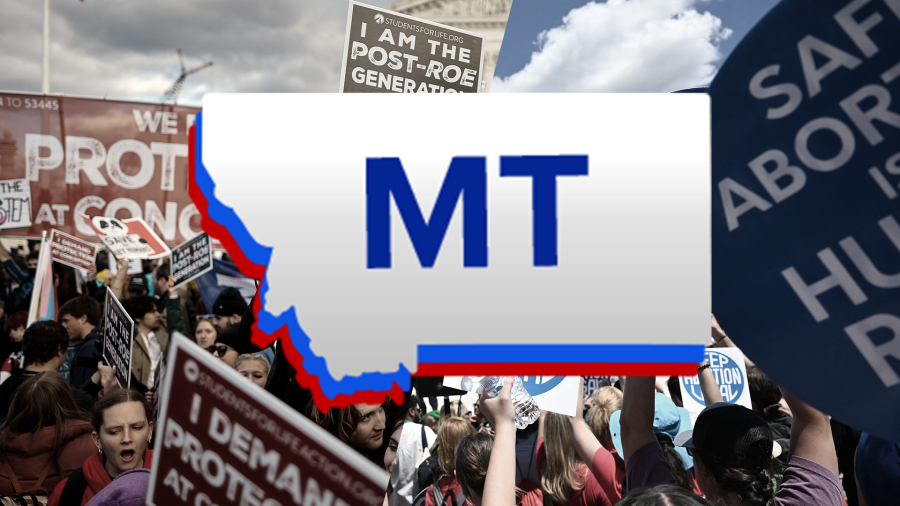(NewsNation) — Montana voters have approved a state measure to protect the right to an abortion in the state constitution.
Montana CI-128 was one of nearly a dozen abortion-rights measures that appeared on ballots across the country this November.
Montana CI-128, referred to as the Right to Abortion Initiative, sought to protect the right to an abortion and enshrine a 1999 Montana Supreme Court ruling. The constitutional amendment would bar the government from denying the right to abortion before the point of fetal viability, which is around 24 weeks, according to the American College of Obstetricians and Gynecologists.
The measure would also allow the state to regulate abortion after fetal viability except for when it was necessary to protect the health of a pregnant patient.
Currently, abortion in Montana is legal until the point of fetal viability. Minors can have an abortion but parental consent is required. Montana state Medicaid funds can also currently be used to pay for abortion services.
Several groups attempted to keep CI-128 off of the ballot after Republican Secretary of State Austin Knudsen initially said the ballot measure was “legally insufficient.” However, the state Supreme Court overruled Knudsen, who then reworded the ballot language for the November general election.
Montanans Securing Reproductive Rights was behind the initiative to put the measure on the ballot, with support from Planned Parenthood Advocates, the ACLU of Montana, Forward Montana and The Fairness Project. The groups said the ballot measure would ensure that power over women’s reproductive rights remains in the hands of state residents so that women have the right to prevent, continue or end a pregnancy if they choose.
“Since Roe was overturned, extreme anti-abortion politicians have used every trick in the book to take away our freedoms and ban abortion completely,” Martha Fuller, president and CEO of Planned Parenthood of Montana, said.
Republican members of the Montana legislature opposed the measure, calling the proposed initiative “too broad.” Representatives from the Montana Family Foundation called it a “badly-written, misleading and risky proposal.”
Abortion is a polarizing issue that was expected to draw people to the polls, potentially impacting the presidential race in swing states, control of Congress and the outcomes of closely contested state offices.
It was a central issue that drove people to vote in the 2022 midterm elections, according to research published in the Proceedings of the National Academy of Sciences. In polling leading up to Election Day, abortion had surpassed inflation to be the top issue in the presidential election for young women.
The Associated Press contributed to this story.
